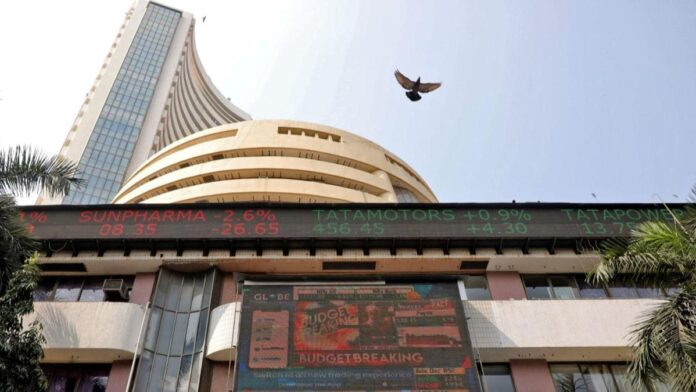Indian equity markets have slipped to become the second-least favoured stock market in Asia, according to the latest Bank of America (BofA) fund manager survey. The survey revealed that 19% of fund managers are underweight on Indian equities from a 12-month perspective, a significant jump from 10% earlier in January. This marks a notable shift for India, which was once considered a market favourite among investors.
Meanwhile, Japan continues to dominate as Asia’s most preferred market, buoyed by a record-high economic and market outlook. Taiwan holds the second spot, driven by strong investor confidence.
ALSO READNSDL IPO likely in April? 3 thing to know about the upcoming issue
Interestingly, China, which was ranked as the least-favoured market in the January survey, has made a comeback. The survey now positions China as the third-most favoured market in Asia. The report sheds light on a growing sense of guarded optimism among investors regarding China, especially with rising interest in the AI sector. Sentiment around China’s economic growth has stabilised, offering room for potential re-ratings and earnings per share (EPS) upgrades.
The survey also indicated improving sentiment toward Asia-Pacific markets (excluding Japan). Around 84% of fund managers expect regional equities to climb higher over the next year, signaling potential upgrades as concerns around overvaluation diminish.
The survey gathered insights from 205 panellists managing $482 billion in assets. Of these, 168 panellists with $401 billion in assets under management (AUM) responded to global market questions, while 110 panellists managing $199 billion addressed regional market outlooks.
» Read More


